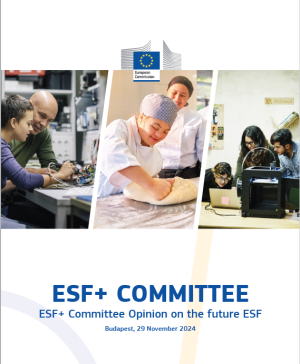
ESF+ Committee Opinion on the future ESF
This publication presents the ESF+ Committee's opinion on the future of the European Social Fund (ESF) post-2027.

This publication presents the ESF+ Committee's opinion on the future of the European Social Fund (ESF) post-2027.
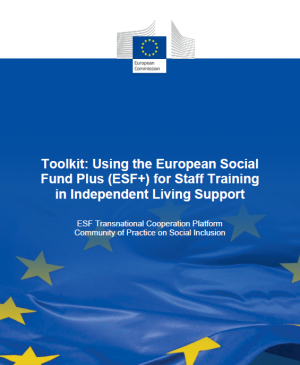
This toolkit offers guidance on using the European Social Fund Plus (ESF+) to train care workers supporting independent living for persons with disabilities and those with long-term care needs.


This handbook provides comprehensive guidance on setting up and implementing financial instruments under the European Social Fund Plus (ESF+) to support employment, education and social inclusion.

The Fund for European Aid to the Most Deprived (FEAD) addresses the most severe forms of poverty in the EU through food aid, material support and vouchers. It helps Member States progress towards achieving the EU’s 2030 headline target for poverty reduction.
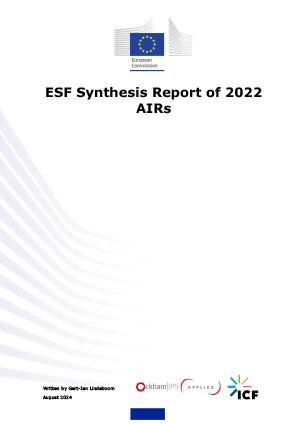
Since 2016, annual reports synthesise the ESF achievements on the basis of the annual implementation reports submitted by member states. This latest edition summarises the achievements by end 2022 (reported by Member States in 2023).

The European Social Fund (ESF) is the European Union’s main instrument for investing in people. In 2014-2022, the fund helped Member States progress towards achieving the EU’s 2030 headline targets in employment, training and poverty reduction.
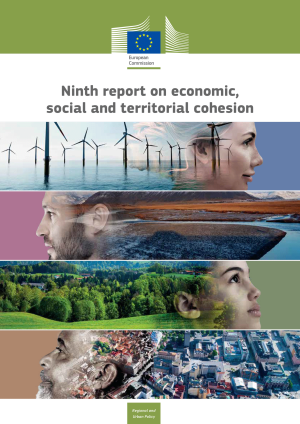
The 9th Cohesion Report highlights significant achievements of Cohesion Policy in terms of fostering upwards economic and social convergence in the Union.
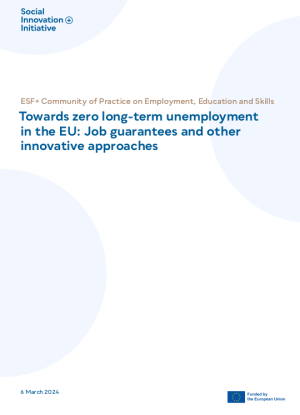
This study outlines innovative approaches to "zero long-term unemployment" and job guarantees across Europe, highlighting lessons learnt and insights to opportunities for transfer and scaling up.
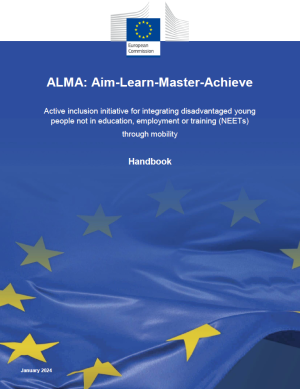
This Handbook provides practical guidance to support Member States in setting up active inclusion programmes to address disadvantaged NEETs under the ALMA initiative.